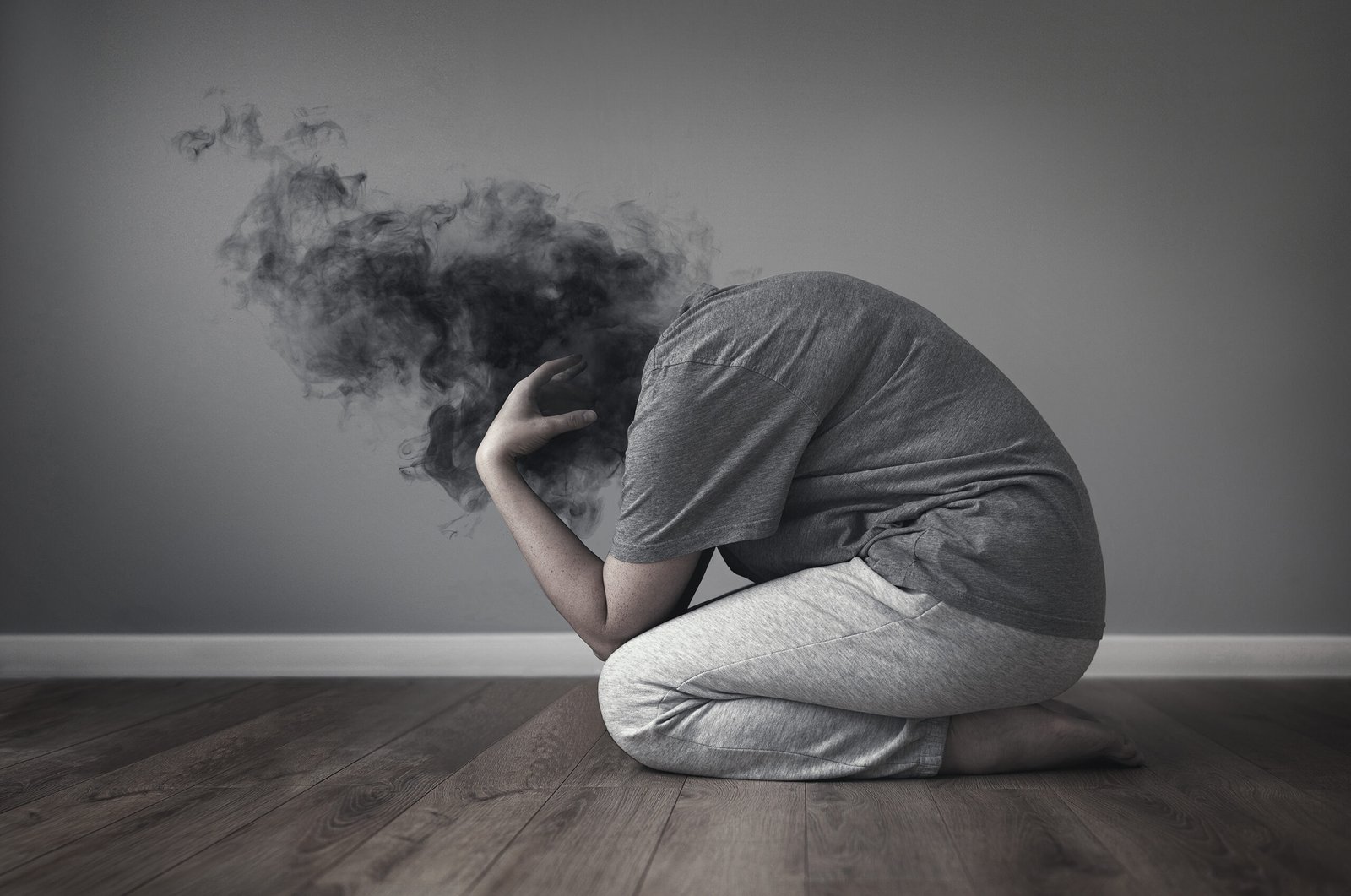Obsessive Compulsive Disorder (OCD), a mental fitness disease that creates a tapestry of restless mind and addictive behaviors. This dilemma affects people of all ages, with its seeds usually taking root in childhood but emerging brightly during puberty and early maturity.
In the realm of OCD, symptoms show up through a dance of obsessive thoughts and compulsive behaviors. Obsessions, unwelcome mind or urges causing anxiety, combination with compulsions—repetitive acts imparting transient remedy from obsessive discomfort. For example, someone might have an obsessive fear of germs, leading them to compulsively wash their hands for extended periods. Another person might have intrusive thoughts about harming others and respond with compulsive apologizing or mental rituals to neutralize the threat.
Treatment for OCD is for those who are trapped seeking treatment which is an important step, but guilt frequently hides this way. However, OCD is not always a sign of madness; it is a fitness issue that requires education and treatment. Those in need of assistance have two options: direct referral to NHS speaking cures or a consultation with a GP, who can also point them in the direction of local speaking cures services. Addressing both the psychological and physiological aspects of the disorder, the key players in this symphony are talking therapy, particularly cognitive-behavioral therapy (CBT), and medication, commonly selective serotonin reuptake inhibitors (SSRIs).
Understanding the causes of OCD is difficult because the origin of it is unknown, with elements such as family history, mind differences, lifestyle events, and personality deeply connected. A biological thread runs through, as people with a family history are more likely to have OCD. Brain differences, life activities such as bullying, and personalities marked by care or tension. In addition, a method of support is essential for those who are observing a loved one dealing with OCD. Encouragement of participation in public as well as participation in trips, becomes a predictor of treatment. Self-care becomes a routine, encouraging a healthy lifestyle in order to navigate the complexities of OCD. However, harmonizing with related conditions of OCD, the lens to related situations such as Hoarding Disorder, Body Dysmorphic Disorder, Trichotillomania, and Excoriation (Skin-Picking) Disorder, which share threads of suffering and disturbing behaviors and need complicated information.
In conclusion, OCD is a complicated condition that needs a variety of approaches to treatment. Along with the use of SSRIs, cognitive-behavioral therapy can help individuals create new ways and build in managing their symptoms. We can better understand and support people living with OCD by kindness and awareness, allowing them to live better lives.




1 Comment
By Rokhan Rahmati
Thank you for sharing your thoughts on the topic of OCD and its treatment with SSRIs. I agree that understanding the causes of OCD can be challenging due to its complex nature, involving various factors such as family history, brain differences, life events, and personality traits. It’s important to recognize the biological underpinnings of OCD, as individuals with a family history are more likely to develop the disorder.
Supporting someone with OCD requires a multifaceted approach. Encouraging their participation in social activities and trips can be beneficial, as it promotes their engagement with the outside world and aids in their treatment. Additionally, incorporating self-care practices and promoting a healthy lifestyle can help individuals navigate the challenges associated with OCD.
It’s crucial to acknowledge that OCD often coexists with other related conditions such as Hoarding Disorder, Body Dysmorphic Disorder, Trichotillomania, and Excoriation (Skin-Picking) Disorder. These conditions share similarities in terms of distressing behaviors and require comprehensive understanding and information for effective treatment.
In conjunction with SSRIs, cognitive-behavioral therapy (CBT) is commonly used to help individuals develop new strategies and coping mechanisms for managing their OCD symptoms. By fostering kindness and awareness, we can create a supportive environment for individuals living with OCD, enabling them to lead better lives.
Overall, your comment provides valuable insights into the complexities of OCD and emphasizes the importance of a holistic approach to treatment and support.